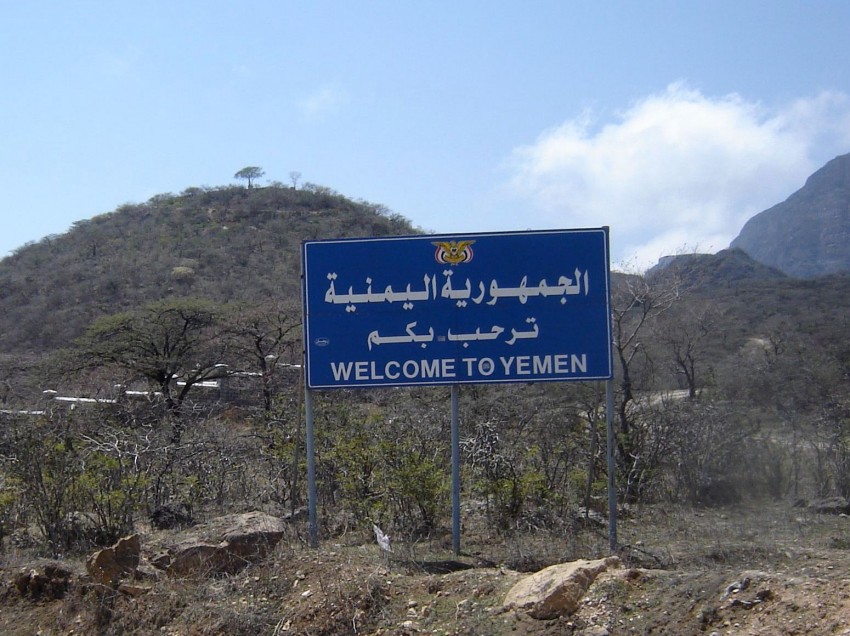On 12 June 2019, Yemen’s Houthi rebels launched a missile attack on an airport in Abha, Saudi Arabia, which is about 110 km (70 miles) north of the border with Yemen. According to reports, at least 26 civilians were injured. This is yet another incident among the now four-year war between the Iran-backed Houthi rebels and the Saudi-backed Yemeni government. It has put Yemeni civilians in the world’s worst man-made humanitarian disaster, and is representative of a greater power struggle in the Middle East.
The conflict started in early 2015 when Houthis seized Yemen’s capital city, Sanaa, forcing President Abdrabbuh Mansour Hadi to flee. The roots of the conflict however can be traced back to the Arab Spring in 2011, when Yemenis revolted against authoritarian president Ali Abdullah Saleh, who was forced to turn power over to Hadi, his deputy at the time. When Hadi took over, he was faced with an onslaught of sociopolitical issues including attack jihadist attacks, fierce loyalty to Saleh within security forces, unemployment, and famine.
Frightened by the Houthis’ increasing power, Saudi Arabia and eight other Sunni-majority states began air campaigns in support of Hadi’s government. Over the past four years, militants from al-Qaeda and the Islamic State have been using the chaos to their advantage by seizing territory and carrying out even more deadly attacks. Since March 2015, at least 7,025 civilians have been killed and at least 11,140 injured. 65% of these deaths can be traced back to air-strikes carried out by the Saudi-led coalition.
Currently 24 million people, which makes up approximately 80% of Yemen’s population, are in need of humanitarian assistance and protection. Of these people, a vast majority lack access to adequate healthcare, clean water, food, and sanitation. The war in Yemen has been commonly seen as part of the bigger power struggle between Sunni-ruled Saudi Arabia and Shia-ruled Iran.
As a result, the United States (US) and many European nations now have a stake in Yemen’s war, as they continue to sell arms to Saudi Arabia and its partners. In recent days, US lawmakers have begun efforts to push back on large arms sales to the Saudis, however more western nations need to do the same if Yemeni civilians are to see an end to the disaster they are currently facing. Since the missile attack on 12 June, the Houthis have launched drone strikes on more Saudi airports and the Saudis continued retaliating on Houthi strongholds.
Emily Yormak is an Advocacy Intern at ADHRB





